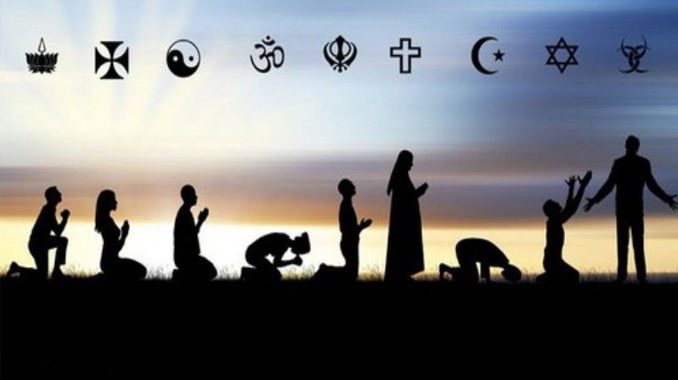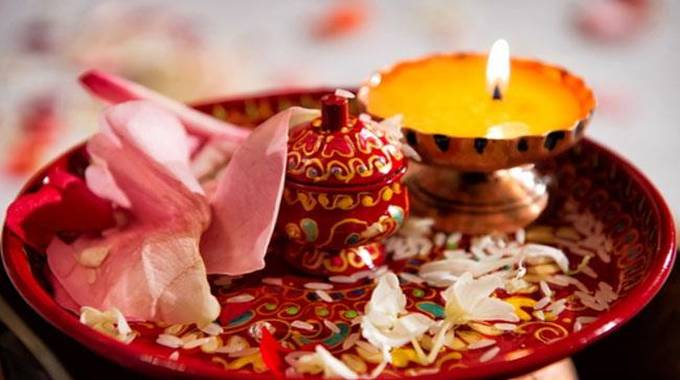
Along with science, fasting also has a deep significance in astrology. This means a personal sacrifice of food or your entire diet to gain positive vibes. Fasting helps the body and mind adapt to changes. Apart from this, one can observe fast for his benefit and also for his loved ones. During a fast, the person surrenders himself or herself to the Almighty and dissipates negative energies.
Reasons and Benefits behind fast
Vrat, known as Vrat in Hindi, is a difficult austerity and religious ritual. People observe fasting as a religious fast. Therefore, it includes astrological factors and festivals. Fasting is a sacred ritual and is observed mostly on festival days. It includes strict rules in speech, behavior and food drinks. Apart from this, people also fast for fulfillment of their desire or desire. Apart from this, individuals can observe fast for the good of their loved ones. It will also usually accompany worship and prayer.
Significance in ancient scriptures
Fasting is important in Hindu Vedas, Upanishads and Puranas. The word ‘fast’ can be easily found about two hundred times in the Rigveda. According to a hymn in the Rigveda, any work or profession which a person performs with full devotion is called a fast. In the scriptures, this is an act of sacrifice, while the Upanishads conceptualize fasting as a moral and behavioral discipline. It has classified the vratas as Kayika, Vachika and Mansa. The Puranas refer to it as a practice of empowering the mind and dharma refers to it as an act of expression.

Also Read: Which Color Wallet Should You Keep To Become Rich?
A personal practice
It is a self-ban on behavior and food. Furthermore, it does not involve the participation of any priest and is an individual practice. Fasting includes prayer, meditation and charity. There are many reasons to practice fasting. It can empower a person’s mind, buildup morale, fulfillment of a wish, or as an act of expression. The desire made may be related to someone else’s life, such as recovering from illness, good health, success, longevity, prevention of negative energies, or overcoming difficult difficulties. Soma Vrat is a result of a relative pledge keeping in mind religious and spiritual practices.
Religious, Cultural and Astrological factors
Vrata is celebrated in private and does not demand any public function. It is a fasting and a personal sacrifice following certain rules of life. A typical fast involves fasting for a certain period of time, mostly for a day where either one meal or no food is eaten. One can eat fruits in the diet as are the rules. In addition, observing the fast is a practice in some pilgrimages. Some fasts are mandatory for those performing rituals in temples. Furthermore, the main purpose behind it is to mold one’s mind and body and this may take a few days of the week.
Some common fasts are based on astrology. These fasts are included in the days of the week such as Nyarajarcha Vrat on Sunday, Thinklashcha Vrat on Mondays, and some other special lunar days such as Pradosh or Ekadashi. However, the rituals that are performed and the deities that are worshiped vary according to the different fast. According to astrology, observing the fast on important occasions leads to specific vibrations. Some of the common fasts of the year include: –
Also Read: Greatest On Screen Bollywood Dads As Zodiac Signs – Happy Father’s Day
– Maha Shivratri
Mahashivaratri falls on the Krishna Paksha Trayodashi or Chaturdashi in the month of Phalgun according to the Hindu calendar. On this day, some ardent devotees of Lord Shiva fast by avoiding food and water altogether. In addition, they wake up at night, meditate and pray.
– Navratri
This festival is celebrated in early autumn or early winter. It is very popular and is known as Navratri. Specific details include that it is a nine-day festival and the festival is made over nine nights. In the lunar month of Ashwin, which is celebrated with a pratipada of bright fortnight, devotees fast for nine days to celebrate this festival.
– Purnima Vrat
It is celebrated on the full moon day. This fast begins with a glimpse of sunrise and ends by looking at the moon. However, fasting throughout the day without eating anything is an ideal option.

Also Read: What Are The Obstacles In Marriage Yoga?
– Amavasya Vrat
This fast observed on Amavasya is kept by devotees to make offerings to their ancestors.
– Ekadashi Vrat
This fast has great significance for the Hindu community. On the eleventh day of every fortnight, Ekadashi falls and devotees keep a fast. From sunset one day before Ekadashi to sunrise after Ekadashi, it is a fast. Therefore, fasting lasts for a total of forty eight hours.
– Pradosh Vrat
It was celebrated on Trayodashi to worship Lord Shiva and Goddess Parvati. Devotees observe a fast from sunrise to sunset on this day. In addition, after sunset and their evening prayers, they can have an important meal.
